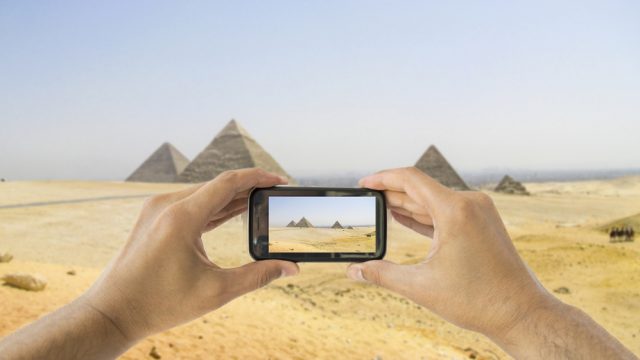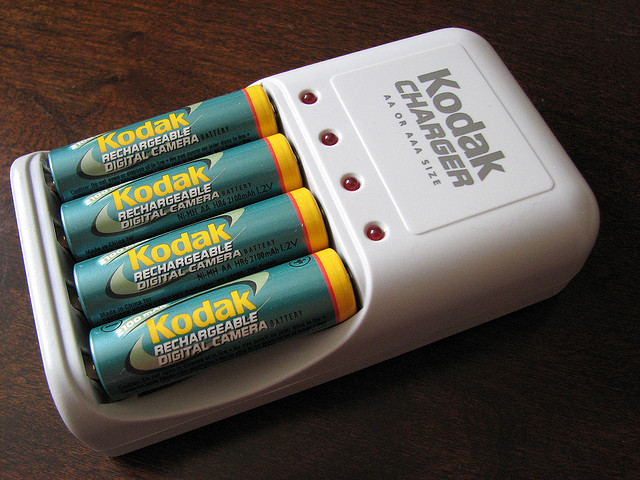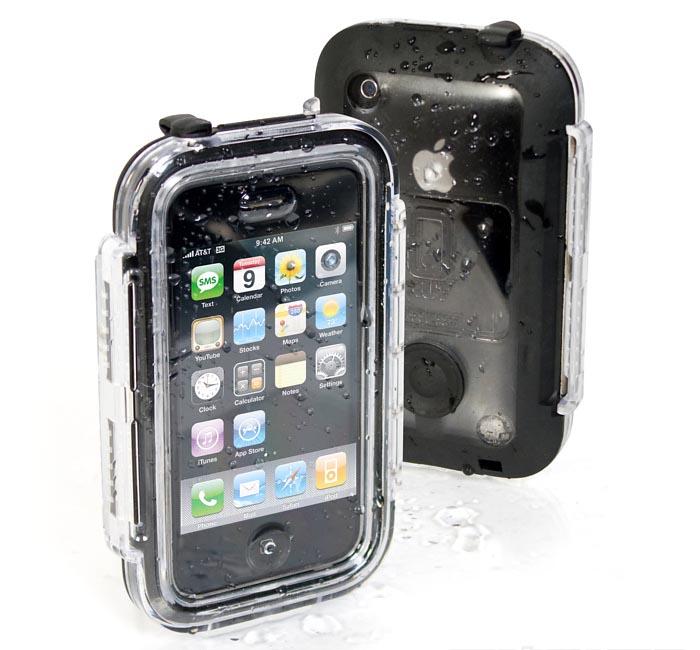When it comes to travelling, it’s not just tech junkies who should give a thought to their precious electronics. Most travelers these days carry an array of gadgets such as iPhones, laptops, digital cameras, and even hair dryers. But anything that’s powered by batteries or electricity requires forethought and careful planning to travel with. Read on for tips on how to take care of your electronics in Africa.
Avoid theft
What part of Africa you visit will play a big part in how likely you are to be “relieved” of your electronics. If you’re in a big city and plan to spend a lot of time walking the streets with your camera and phone on you, you’re an easy target. If you’re in a secluded country hideaway…not so much. Most gadget thieves are stealthy and take advantage of your inattentiveness. Keep an eye on your electronics and make it harder to slip them away – instead of a waist clip, store your phone in an inside jacket pocket, or have an innocuous laptop sleeve that’s not very easily identified as one. And don’t walk around with your phone or camera out and visible all the time. This is tempting, because you’ll no doubt want to take lots of photos. But being conspicuous will make thieves want to follow you and wait for an opportune moment to pounce.
Activate your trackers
Many electronics come with an built-in tracker in case they are pilfered (iPhone’s is called Find My iPhone, for example). Take the time to activate these, just in case. For those without, such software can easily be downloaded online and help a great deal in finding your gadget before sticky fingers get too far.
Adapters and converters
Travellers should take note of the voltage in whatever country they are headed to (most of Africa is 240V or 220V). Depending on the voltage in your home country and plug outlet type, it is wise to purchase a converter and/or adapter to ensure you are able to connect your electronics and keep them safe from voltage disparities. These can be purchased locally if need be. Most phones and laptops are dual voltage and won’t need a converter, but other devices definitely need one.
Pack wisely when flying
Some airports will require you to remove your electronics for inspection. Your trip will get off to a much smoother start if said electronics are in an easily accessible part of your luggage or in your carry-on, rather hiding in your painstakingly folded clothes. Pack smart! Also, some devices may raise suspicion (see next slide).
Don’t bring too many devices
When deciding what to bring on your trip, try to keep it to a minimum. Bring commonly used items like phones and tablets, but save the high-tech stuff for home — unless you are a professional videographer, for example, or are heading out to a remote area and need a satellite phone. This is for two reasons: first, you don’t want to be weighed down with too many (possibly redundant) devices; and some specialized equipment (like large Wi-Fi antennas or boosters) may raise eyebrows at airports or may require special permits. So leave the electric razor at home!
Wi-Fi access and cell networks
Many restaurants and hotels within big cities offer Wi-Fi access, either paid or free, so you’ll rarely if ever have to go without. (Rural areas are a different story when it comes to Wi-Fi.) Some public transport vehicles even have free Wi-Fi! Similarly, major cell networks in each country usually cover a large territory, so you’ll be able to communicate during your stay. However, unless you have a local SIM card in your phone, you’ll pay dearly for it. If this is the case, stick to Wi-Fi, or get your phone unlocked before you go and get a local SIM.
Data security
The rules for data security are the same in your home country as they are in Africa apply. African hackers and data thieves are just as savvy as their international counterparts, and you should take the same precautions to protect yourself as you would anywhere else. This includes physical protection of your devices from tampering, password protection, and being wary of public Wi-Fi — unless specifically provided by a trusted authority.
Repair and maintenance
Should your electronics need repair or replacement parts, most major cities in Africa (Johannesburg, Nairobi, Cairo, Accra) have authorized dealers and repair shop for your preferred brand, with the same top-notch service you receive in your home country. It’s usually much cheaper than in your home country, too.
Protect your devices from the elements
Africa has multiple micro-climates, may of which are harsh on sensitive devices. Heat, dust, humidity, sand and rain can easily ruin your phone or camera if you are careless and don’t protect them. If you’re climbing Kilimanjaro, or spending time at a beach resort, for example, use a waterproof case. If you’re going to be in the Sahara, protect your devices with plastic dust covers. Even jostling from uneven roads will place a strain on your electronics. Keep this in mind as you decide what to bring on your trip: the hardier your electronics, the better.
Batteries
For times when charging with a wall socket isn’t possible for long stretches (such as an all-day safari), plan ahead by bringing backup batteries or portable chargers. Some companies make solar chargers that you can use when you’re out and about. If your device uses ordinary store-bought batteries, you can most likely buy them at your destination, so there’s no need to lug them on the plane. One good piece of advice, no matter where you are in the world: don’t leave your device on the charger after the battery is full. This reduces the longevity of the battery.
Related content on AFKTravel:
Travel Tip Of The Day: Packing Electronics For Travel
Buying Guide: Essential Safari Accessories
Travel Tip Of The Day: Use Solared Powered Items To Cut Your Carbon Footprint
Want to discover the finer side of Africa? Sign up for our weekly newsletter.










